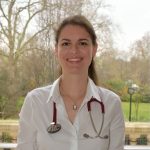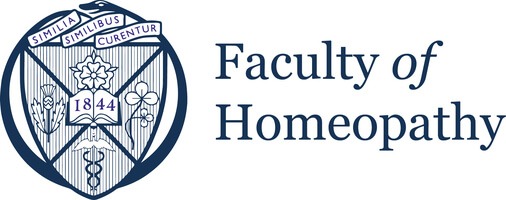When I read this article, published in The BMJ (http:/dx.doi.org/10.1136/bmj.j4528) on the 5th of October, the first thing that came to my mind was the part of the Hippocratic Oath that says “primum non nocere” ( first, do no harm). Well, it seems, that according to this article, some people have forgotten that very first promise they made when they once graduated.
This study reveals how most new cancer drugs not only are failing to deliver any clinically meaningful evidence but also causing a great deal of appalling, even sometimes permanent, side effects.
Between 2008 and 2012 the USA Food and Drug Administration (FDA) approved most uses of cancer drugs without evidence of survival or improved quality of life (67%, 36/54). Among the approvals, only five (14%) were shown later to improve survival.
57% (39/68) of the cancer drugs approved by the European Medicines Agency (EMA) had no supporting better survival or quality of life evidence when they entered the market. Only six (after a median of 5.9 years) had been shown to improve survival or quality of life.
In addition, three facts that do not make look them better:
To this disappointing picture, we should add the excessive costs of the drugs, which are discussed at NICE meetings behind closed doors. “When expensive drugs that lack clinically meaningful benefits are approved and reimbursed within publicly funded healthcare systems, individual patients may be harmed, important resources wasted, and the delivery of equitable and affordable care is undermined,” the researchers say.
Complementary therapies, on the other hand, which has shown in countless studies to improve quality of life and increase general wellbeing, having almost no side effects and also to be (very) cost-effective, are being constantly questioned and attacked…. For me, there is no doubt where the interests are!
To read about our holistic cancer approach and how integrated medicine and mistletoe therapy can help with cancer, visit our Complementary Cancer Care page
For those who want to read the full article, please see the attached document.

Consultant in General Internal Medicine (GMC reg. number: 7541548) and Specialist in Complementary Cancer Care
MBBS, MRCIM (Spain), MSc Homeopathy, MFHom, Master practitioner in Ericksonian Hypnotherapy and Neurolinguistic Programming, MSc in Nutrition
Integrated medicine Doctor and Holistic Medicine Practitioner



